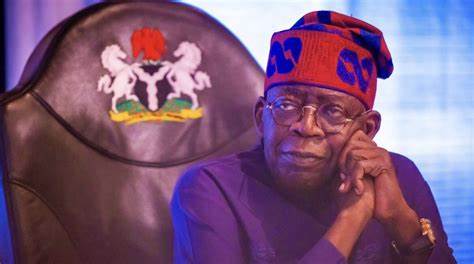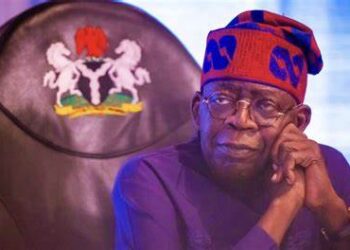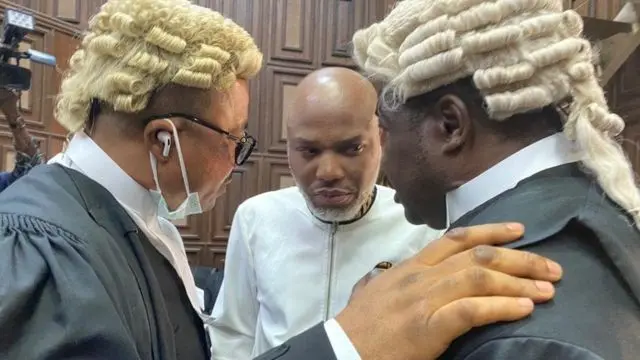President Bola Ahmed Tinubu has directed a comprehensive reform of the N-Power scheme to enhance its productivity and impact, with a focus on connecting Nigerian youths to viable job opportunities.
The Minister of Humanitarian Affairs and Poverty Alleviation, Nentawe Yilwatda, disclosed the development, emphasizing that the reform will link beneficiaries directly to the private sector and market space, ensuring the skills they acquire lead to sustainable employment.
“This reform is designed to go beyond training by connecting our youth to real opportunities in the market and private sector. We want to ensure that the skills they learn translate into viable job opportunities,” Yilwatda explained.
In a post on X (formerly Twitter) on Saturday, Tinubu’s Social Media Assistant, Dada Olusegun, shared additional details about the reform. He revealed that over 100,000 items have been procured to empower youths across the country.
“The reform aims to connect youth not only through training but also by linking them directly to the market space and private sector. To support this, over 100,000 items have been procured to empower youth across the country,” Olusegun wrote.
He also confirmed that President Tinubu has approved ₦32.7 billion for the implementation of the National Social Investment Program (NSIP) in 2025. The funds will be used to provide low-interest credits ranging from ₦300,000 to ₦400,000 to Nigerians through cooperative clusters.
“This initiative is particularly targeted at empowering vulnerable Nigerians, especially women and youth, by enabling them to launch or expand small businesses, thereby improving their livelihoods,” Olusegun added.
He assured Nigerians that the administration is committed to easing the effects of ongoing economic reforms. “2025 promises to be a year of rewards for all Nigerians who have had to go through ongoing economic reforms as the administration seeks to fulfill the #RenewedHope Agenda,” he said.
The reform is expected to further align the N-Power program with the administration’s agenda to tackle unemployment and poverty while creating sustainable economic opportunities for vulnerable citizens.



















